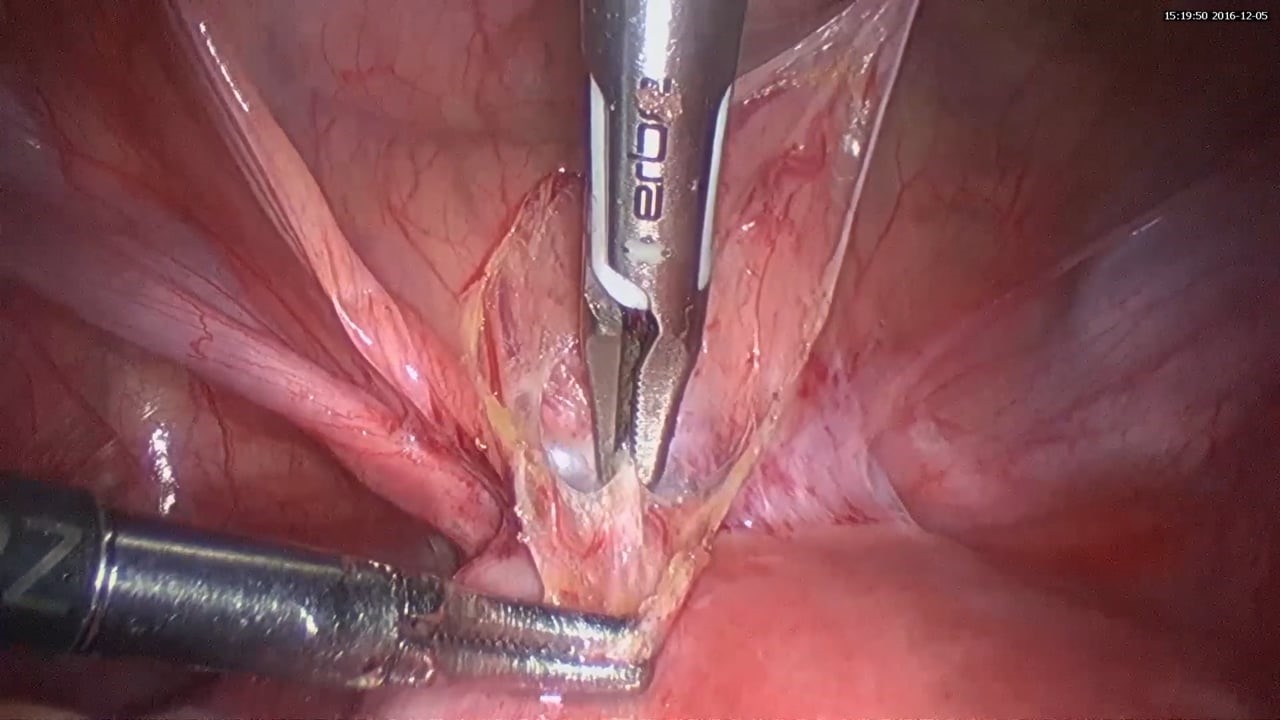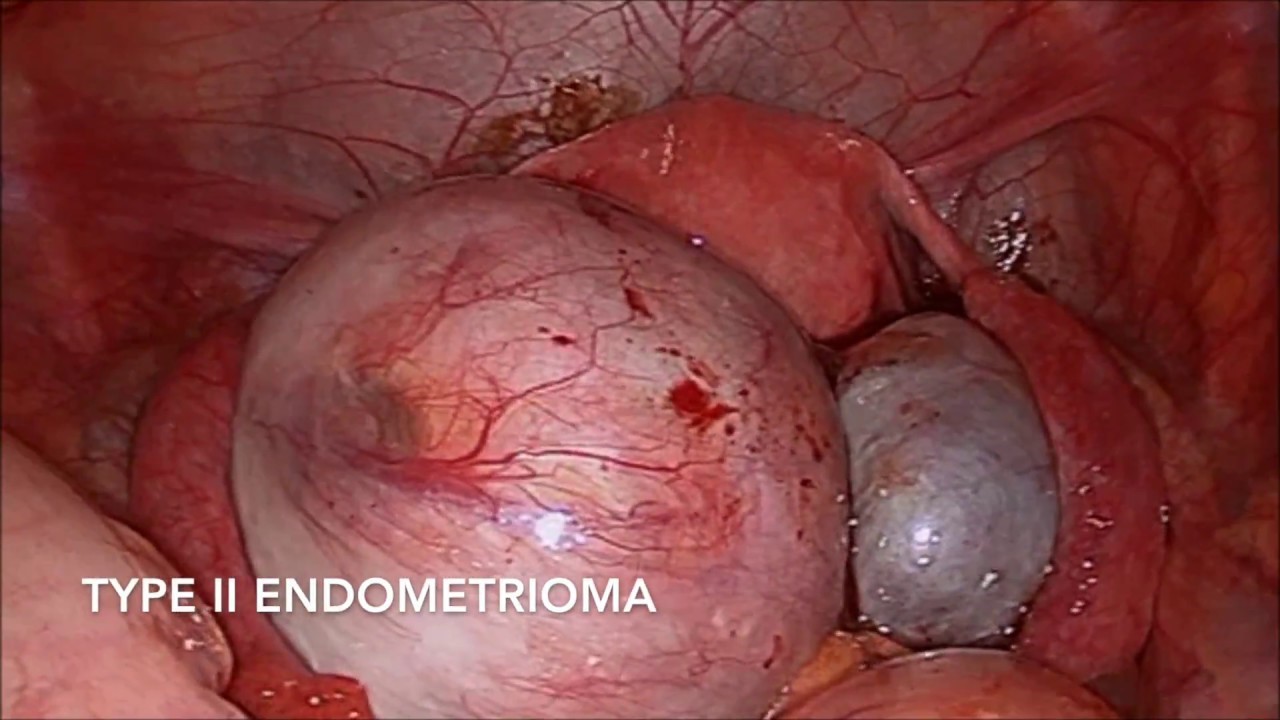Endometriosis Surgery
Surgical Treatment of Endometriosis
Endometriosis usually affects women in two ways: it causes dysmenorrhea, pelvic pain and it is associated with decreased fertility. Symptoms like dysmenorrhea, pelvic pain, dyspareunia, and infertility suggests the possibility of endometriosis and most of the time it can be diagnosed with transvaginal ultrasound by a gynecologist with expertise in endometriosis. But in case of superficial peritoneal endometriosis because of the superficial nature of the lesion it is difficult to identify by Ultrasound scan or MRI scan and in that case the definitive way to diagnose endometriosis is by performing a laparoscopy.


Figure 2 Excision of Deep Endometriosis
Laparoscopy in Endometriosis
Laparoscopy is a surgical procedure that enables for detailed vision and inspection of all pelvic tissues, including the uterus, ovaries, fallopian tubes, and the peritoneal membranes that protect the intestine and bladder, while under general anesthesia. All these locations are prone to endometriotic lesions. The treatment is to excise these Endometriotic lesions in the same surgical operation.
Endometriosis Treatment
Though medical and surgical treatment options are available for endometriosis. Unfortunately, there is currently no cure for endometriosis.
The goal of treatment is to alleviate symptoms, preserve fertility for women who choose to delay childbirth, and treat infertility in women who want to get pregnant.
Who should have a laparoscopy?
Not everyone is a candidate for laparoscopic surgery. Hormone therapy, which is a less intrusive therapeutic option, may be recommended initially.
Your doctor may recommend a laparoscopy if:
• You regularly experience severe dysmenorrhea, pelvic pain believed to be caused by endometriosis.
• Endometriosis or other related symptoms have persisted or returned after hormone therapy.
• Endometriosis is thought to cause symptoms by interacting with organs such as the bladder and bowel.
• Endometriosis is suspected to be causing infertility.
• An abnormal cyst on your ovary, known as an ovarian endometrioma or chocolate cyst, measuring more than 3-4cm in diameter, has been discovered.

Why is it important to seek treatment from an endometriosis specialist?
When it comes to surgical treatment of endometriosis, it is important to choose an experienced laparoscopic gynecological surgeon in a center with a multidisciplinary team involved. Because the first surgery should be the best surgery. Possible complete excision of endometriosis, which can give better symptom relief with fewer chances of recurrence.
So, it is crucial to figure out how long the doctor has been specializing in endometriosis. How many endometriosis cases are done per month and how many are considered “advanced cases” should be taken into account while choosing an excision specialist. Only an endometriosis surgeon with several years of advanced endometriosis experience should be chosen to do your surgery.
Few gynecologists have the training and ability to diagnose and surgically remove endometriosis, so you’ll probably have to look for one.
